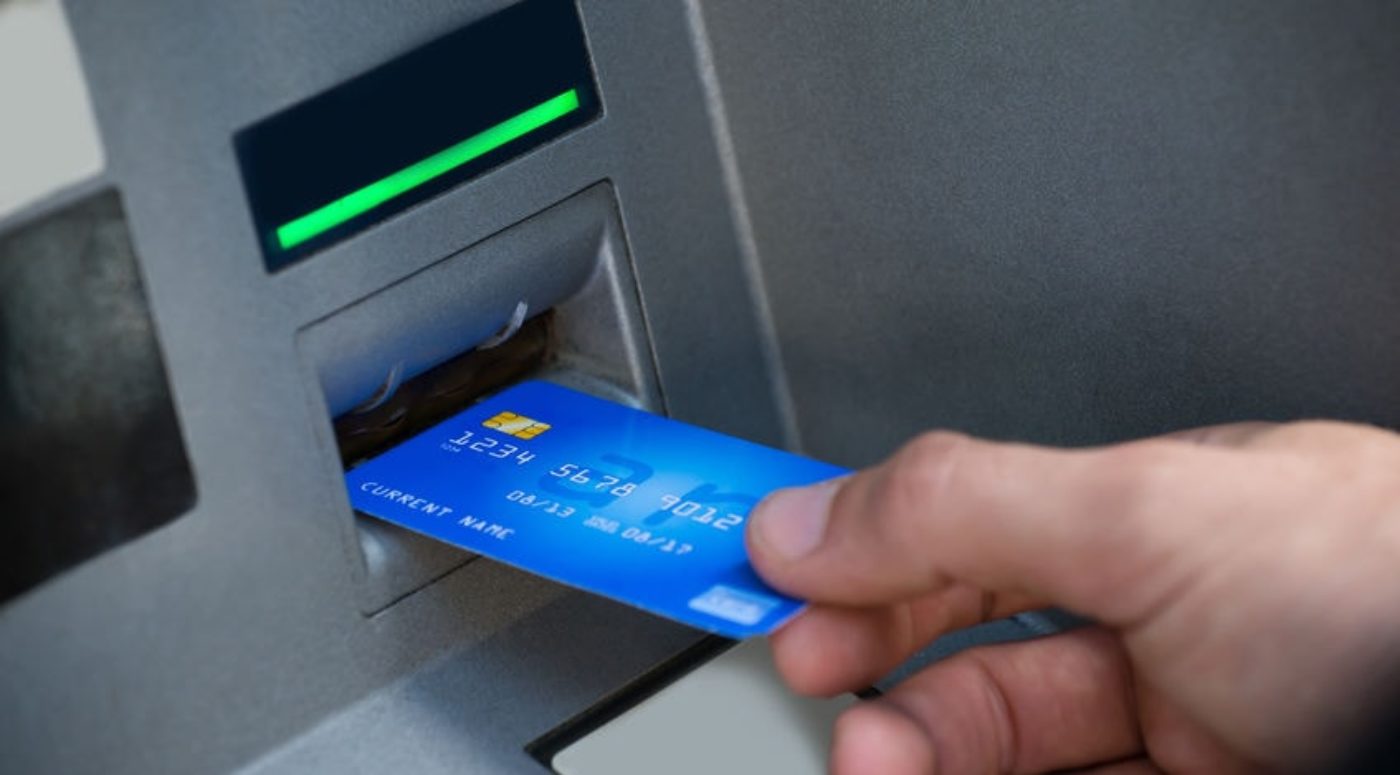

Few things can instil as much panic in a person as not being able to access their money. It can have serious consequences for your personal and professional life. And, worst of all, of course, is having your bank account frozen. If you find yourself in such a situation, you no doubt have a lot of questions. In this article, we answer your questions about bank account freezing and advise on what to do if you need help to get access restored.
What does it mean if my bank account is ‘frozen’?
When a bank ‘freezes’ an account, they stop all activity on that account. That includes everything from one-off contactless payments with your debit card to recurring direct debits and standing orders. Access to the account will also be completely suspended, which means that you will not be able to withdraw money at an ATM, branch, or the Post Office, nor use your telephone, mobile, or online banking services to transfer funds to another account. Quite literally, the account is frozen in its current state.
Why might a bank freeze an account?
There are a number of reasons why a bank might freeze one of its customers’ accounts, and this can make things quite confusing, especially if the bank isn’t telling you much about the situation. By far the most common is suspicious activity (point 3 below), but two other reasons are quite common:
- To protect your account
Thankfully, banks act to protect us in a number of ways, and freezing accounts happens to be one of them. On occasion, a bank will freeze your account if it thinks that someone is trying to gain unauthorised access to it or trying to make some kind of fraudulent payment. In this instance, you will usually receive a call from the bank’s fraud department, who will explain the situation and walk you through how to restore access. Sometimes, the freeze only lasts a couple of hours, so you may not even notice it.
- To repay a creditor following a court judgment
If someone has taken court action against you because you have failed to pay back a debt, they might be able to recover that money from you if you otherwise fail to pay them back (for example, by willingly paying them what you owe). Where a creditor is able to secure a third party debt order against you, your bank account may be frozen while the bank deals with the creditor’s request for funds (which, unfortunately, may take several weeks).
- To investigate suspicious activity
By far the most common reason for bank accounts to be frozen is suspicious activity. Since the implementation of the Proceeds of Crime Act (POCA) in 2002, banks have been placed under a legal obligation to ensure that they monitor their customers’ bank accounts for suspicious activity. This legislation aims to reduce money laundering and terrorist funding, among other serious crimes.
Banks use very complex computer algorithms to identify ‘suspicious’ transactions. In short, the banks are looking for unusual transactions that are not consistent with the customer’s normal financial behaviour. Examples of this include:
- A large cash deposit being made in-person at a branch
- A high number of payments within a short period of time to the same person or company
- A large payment to an out-of-country person or company
- A payment to or deposit from a person or company that has previously been identified as suspicious
If a bank does suspect that something is awry with the account, and whether they suspect you or a fraudster is behind it, they will make a Suspicious Activity Report (commonly called a ‘SAR’).
A SAR is the means by which banks are able to report unusual activity to the National Crime Agency (NCA).
Once the NCA receives the SAR, they will conduct an initial review to see whether a more detailed investigation is warranted. If they decide such an investigation is unnecessary, they will inform the bank that the suspension on your account can be lifted. If they decide an investigation is necessary, they will usually ask for an extension of time to examine the case in more detail.
Who can access information on the SAR?
Once a bank submits a SAR to the NCA, it is stored on an electronic database that can be accessed by a number of authorities in the UK, most of whom are involved in the prevention and detection of financial crimes. These authorities include: the police, HM Revenue & Customs (HMRC), and other government departments.
How long can a bank freeze my account?
When the NCA receives a SAR notification, they have seven days in which to respond. This is the period of time in which they can decide whether a more detailed investigation into the matter is necessary. If the NCA does not respond within the seven-day time limit, the bank is allowed to reinstate access to your account (although you should note that it may re-freeze your account if it gets instruction from the NCA to do so).
If the NCA does decide to investigate, they will then have 31 days in which to complete their investigation. Only very rarely does the NCA require more time than this, and if they do, they must request an extension from the Crown Court.
What can I do if my bank won’t tell me anything?
Frustratingly, the banks are not allowed to tell you anything about any investigation being carried out on your account. They are, in fact, not even allowed to tell you that it is being investigated, although in most cases people can presume that from the fact that their account is suspended.
The same goes for the NCA; they are not allowed to contact with you about the investigation. These strict regulations are in place to ensure that bank account owners are not ‘tipped off’, which could, in some circumstances, lead to more criminal activity.
As such, there is not really a lot you can do if your bank account has been frozen. You should, of course, cooperate with the bank and the NCA as far as possible. This means providing them with information they request in a timely manner (which may be about your personal or professional life) and acting cordially to those who are in charge of your case. As annoying as it is being suspended – especially when you have done nothing wrong – the investigators are just trying to do their jobs and the best thing you can do is let them continue unhindered. After all, it may help your case get resolved quicker.
Is the bank liable for any costs I incur because of the account being frozen?
Having a bank account frozen is highly frustrating and can have serious consequences for an individual’s personal and business life, as important payments from mortgages and childcare to loan repayments and supplier invoices will go unpaid.
Despite this seriousness, however, there is no realistic chance of obtaining any compensation against the bank or NCA, even if they do not find anything suspicious in their investigations. Unfortunately, the bank has no legal liability to compensate you if it is acting under the POCA.
If it is acting for other reasons, you should check with your solicitor whether there is any chance of compensation.
What should I do to protect myself against a frozen bank account?
It will rarely be possible to predict exactly when a bank might freeze your account, but there are things that you can do now to ensure you are protected against it in the future as far as possible. The best thing to do is to create an easy access savings account with another bank and use it to save an emergency fund. Exactly how much you put into that emergency fund depends a lot on your personal situation, but experts advise that three to six months’ worth of living expenses is the best if you can afford it.
If this isn’t possible, remember that you should still be able to use a credit card until your account access is resumed, although make sure you find a way to repay the credit card company that doesn’t involve your current account.
Where can I go for help?
If you require more assistance with a frozen bank account, contact the legal experts at Stuart Miller Solicitors. Our team has decades of experience handling cases of this nature, and we can help you understand what is happening as well as negotiate access to your account with the bank on your behalf, if possible. To find out more and to arrange a no-obligation consultation, please contact our offices today.
OUR COMMITMENTS TO YOU:
-
Responsive
A legal expert will consult you within 24 hours of making an enquiry.
-
Empathetic
We will always treat you with trust, understanding and respect.
-
Specialised
Your case will be handled by an expert who specialises in your type of offence.
-
Proactive
We will take early action to end proceedings as soon as it is practically and legally possible to do so.
-
Engaged
You will be kept updated on your case at all times. We will provide a named contact available to answer your questions.
-
Caring
We understand this is a difficult and stressful time for you and your family. Our team will support you every step of the way.
-
Tenacious
We will never give up on your case. We fight tirelessly to get you the best possible outcome.

